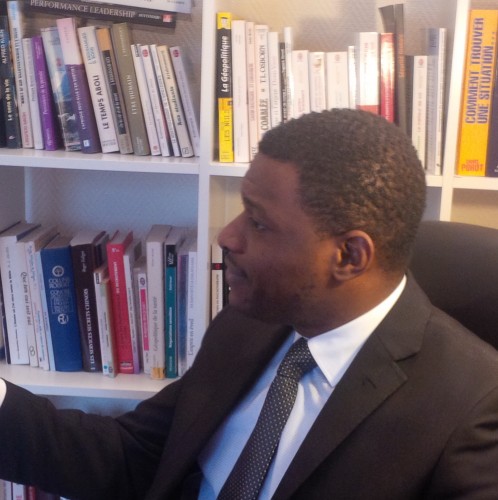It is one thing to be told, by mainstream thinking, that economic intelligence (IE) is the research and dissemination of information useful to economic actors. Another is to practice it in hostile territory or in a tropical environment in the face of actors without faith or law. In this case, the EI is to defend, attack and influence, under penalty of disappearing from the market. Field control is vital.
By Guy Gweth *
The African terrain is marked by its 15 glorious (2000-2015) during which the continent has gone from being a desperate continent to a hoped-for market. 15 years of growth to 5.5 on average, during which the continent has absorbed pandemics, foiled the most pessimistic forecasts, and inflated its birth rate despite adversity. But even as a “new frontier for global growth,” Africa has failed to attract the world’s biggest investors like Warren Buffet. The more adventurous hurry slowly for lack of sufficient legibility. A reality easier to describe and to decry than to evolve. And for good reason, the normative gossip about improving the business climate, belly dancing made to international investors, attempts at good governance, the ascending curve of the middle classes or the all-azimuth digitization of everyday life ended up make the continent a real economic warfare.
Defend
In his best-selling book, The Deadly Aid: The Doom of Unnecessary Aid and New Solutions for Africa, published in September 2007, Zambian economist Dambisa Moyo writes opportunely: “Aid is a drug for the poor. ‘Africa. For sixty years it has been administered to him. Like any drug addict, she needs to take her dose regularly and finds it difficult, if not impossible, to imagine life in a world where help has no place. With Africa, the West has found the ideal client that any dealer dreams of. This statement can be extended to others than the West … Help is a primordial flaw in the local cultural matrix; she opens more than one door.
Opposite, the entrepreneur has only one responsibility: maximize profits. This requirement is obsessive and almost exclusive. The day when social justice will appear in the business plan of a society has not yet arrived, despite the speeches. The best business schools in industrialized countries did not wait for Nobel laureate Milton Friedman to profess that “the sole responsibility of business leaders is to remunerate shareholders. The resulting state of mind is warrior. It is exacerbated in tropical markets akin to the jungle. All (or almost all) hits, including “help”, as long as you win.
The increased use of ICTs, on the one hand, and corruption, on the other, have accentuated this danger. There is not a week going on in Africa without a company or decision-maker being subjected to a computer or physical attack, identity theft or counterfeiting, unfair competition or destabilization through information, via traditional media or social networks. On the sensitive terrain of economic and industrial espionage, the international intelligence community views the African decision-maker as an “easy target”. First, because in general he is “naturally generous”; secondly, because his environment and he are “permeable to gifts”; and lastly, because the African leader is “fairly unaware of the security of the information heritage”. To help cope with this, the African Center for Economic Intelligence and Intelligence has launched the SPIDA program (Security of the Information Heritage of African Decision Makers), whose first sessions will be held in April in several African capitals.
Attack
Cameroon, for example, has set a course: Vision 2035. To achieve this, the country must imperatively increase productivity, boost the private sector, pass the investment rate to 30% in 2035, raise GDP growth two-digit real numbers between 2020 and 2035, raising productivity growth to 3% between 2020 and 2035. The government of the republic must also put in place a monitoring and strategic intelligence system ranging from the executive to the by regions and decentralized local authorities by January 2020 at the latest.



